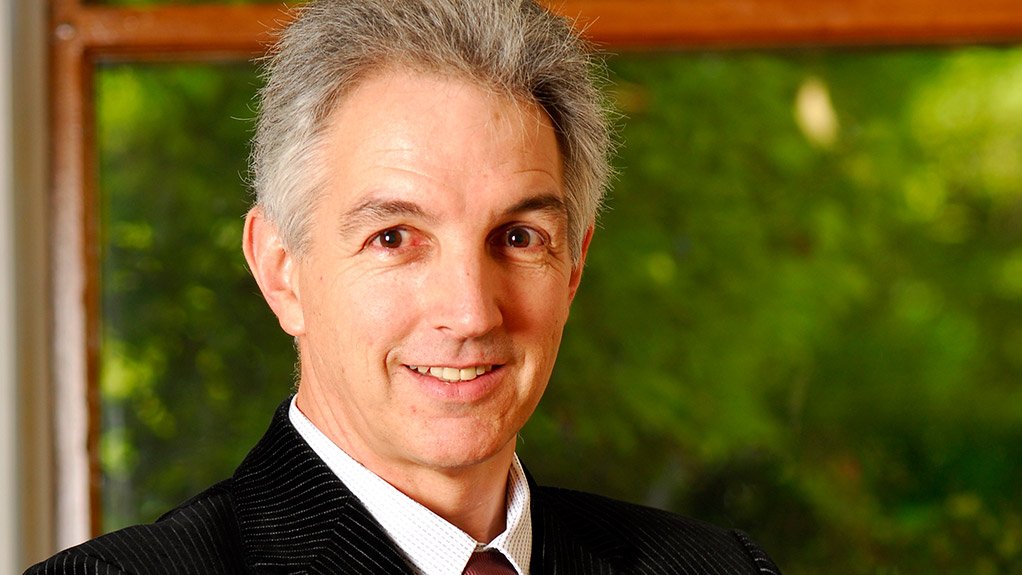University of Cape Town (UCT) will use its temporary closure to figure out how to catch up and finish the academic year, Vice Chancellor Max Price said on Thursday.
"The executive remains committed to the successful completion of the 2016 academic year," Price said in a message on the University of Cape Town's website, after three students were released on bail over protest-related charges.
A task team and the deans were finding ways to complete the academic year and make up for three weeks of lost teaching.
"We are developing alternative scenarios that include how to complete the academic year even if there is no more face-to-face teaching in the rest of this semester. We are trying to find solutions, even if they are not perfect," Price said.
The university announced on Wednesday that it would close until Monday because of protests over fees.
Court appearance
Price said an investigation would be conducted into the behaviour of some members of the private security company on campus and whether they escalated violence or added to the conflict at the Steve Biko Students' Union building.
Some students occupied the building late on Tuesday afternoon. The university opted to have them removed and the locks changed so the Student Representative Council and support staff could have their offices back.
"Reports have reached us that the behaviour by some members of the private security company who were present that evening escalated the violence or added to the conflict, or that they acted with unnecessary force. I have arranged for this to be investigated immediately."
He said not only was the academic programme compromised, but that there was a risk of creating scars.
The university's executive was working on establishing an institutional reconciliation and transformation commission. It would focus on the issues dividing students.
Earlier, student activists Zukisa Sokhaya, Masixole Mlandu and Sibusiso Mpendulo appeared in the Wynberg Magistrate's Court on charges related to the protests.
The protests started in September after Higher Education Minister Blade Nzimande announced that tertiary education institutions could decide their own fee increases for 2017, but that these had to be capped at 8%.
Speaking outside court, Mlandu said being arrested would not stop their campaign.
He vowed to continue with the protests for free education, an end to outsourcing, and for education to be “decolonised”.
EMAIL THIS ARTICLE SAVE THIS ARTICLE
To subscribe email subscriptions@creamermedia.co.za or click here
To advertise email advertising@creamermedia.co.za or click here











